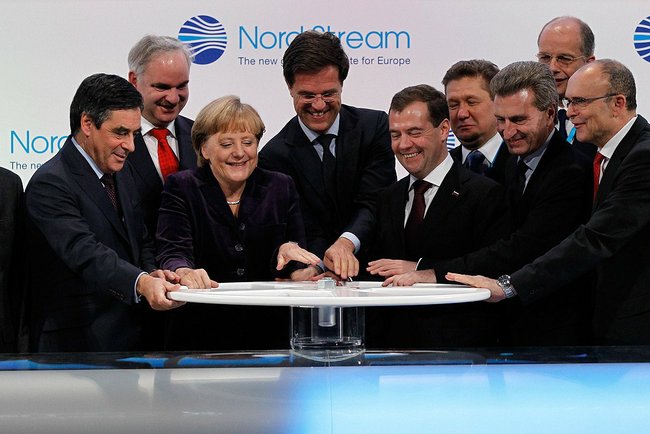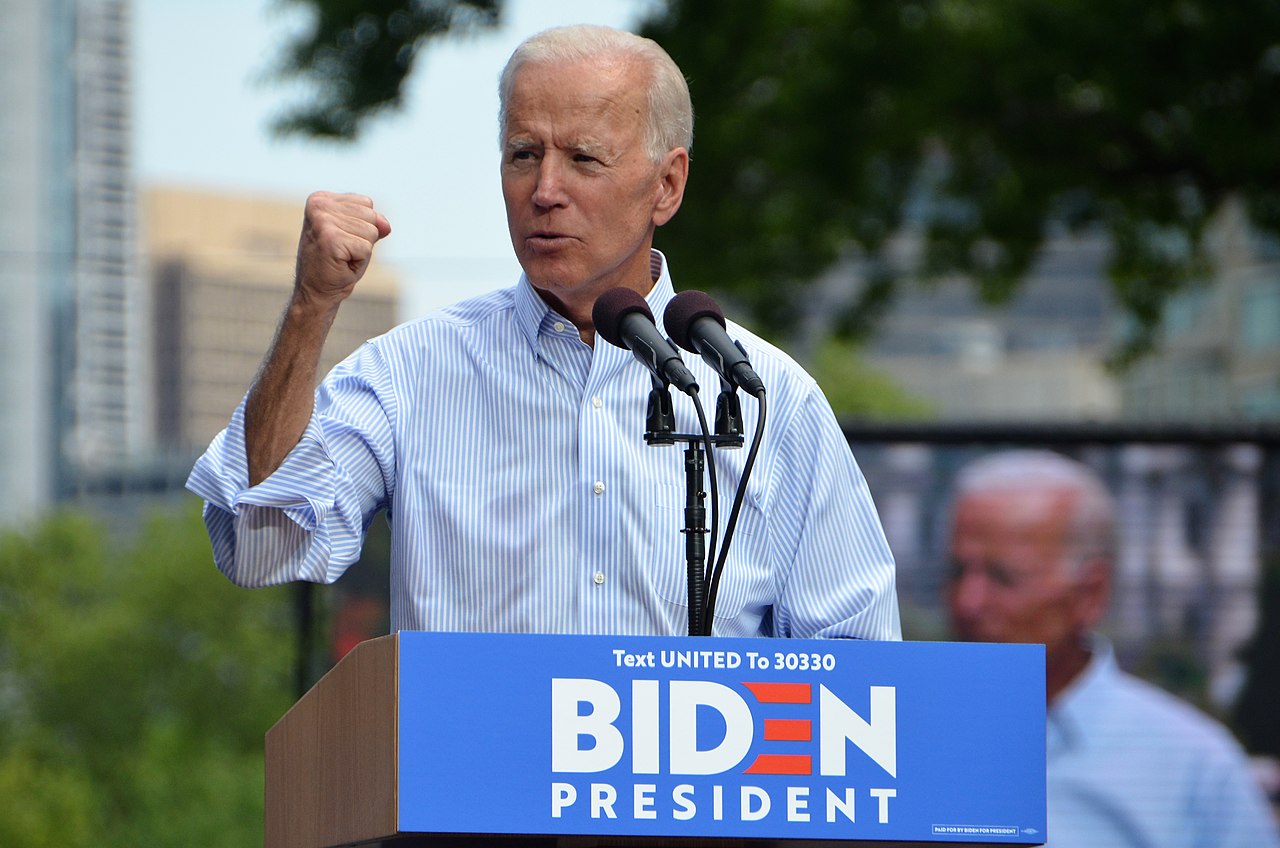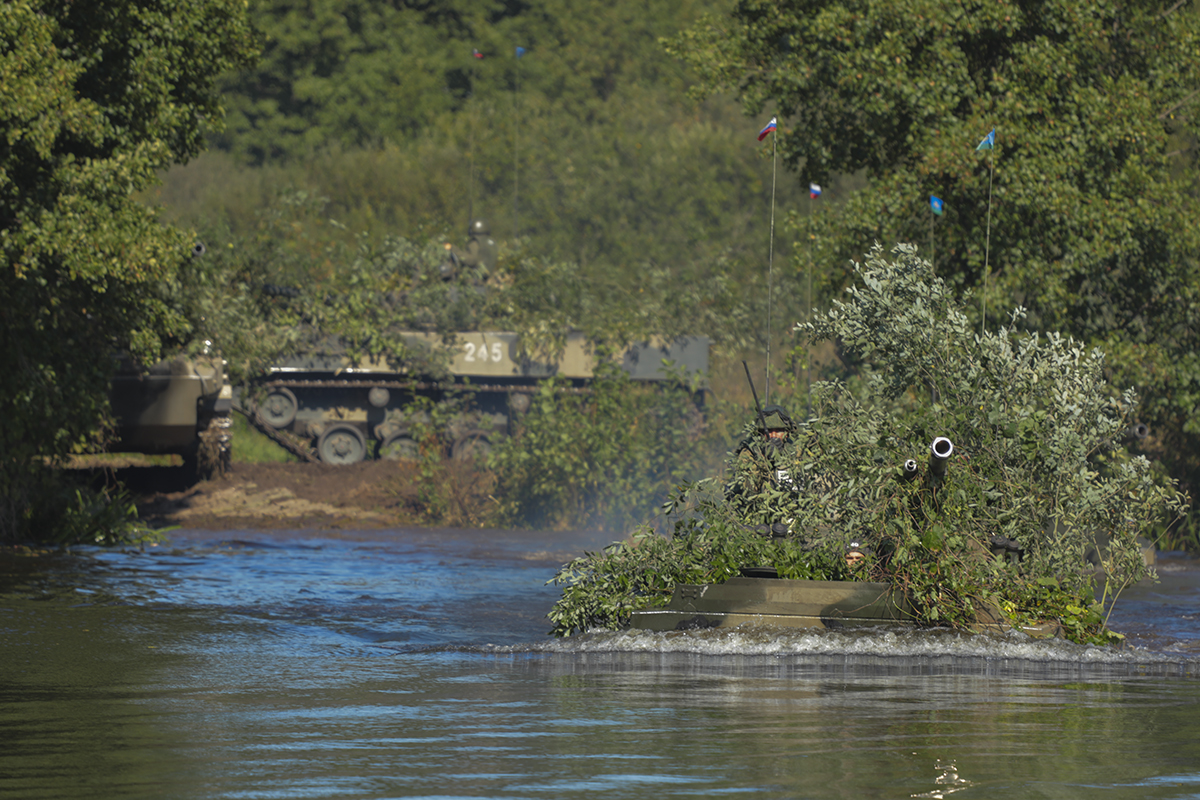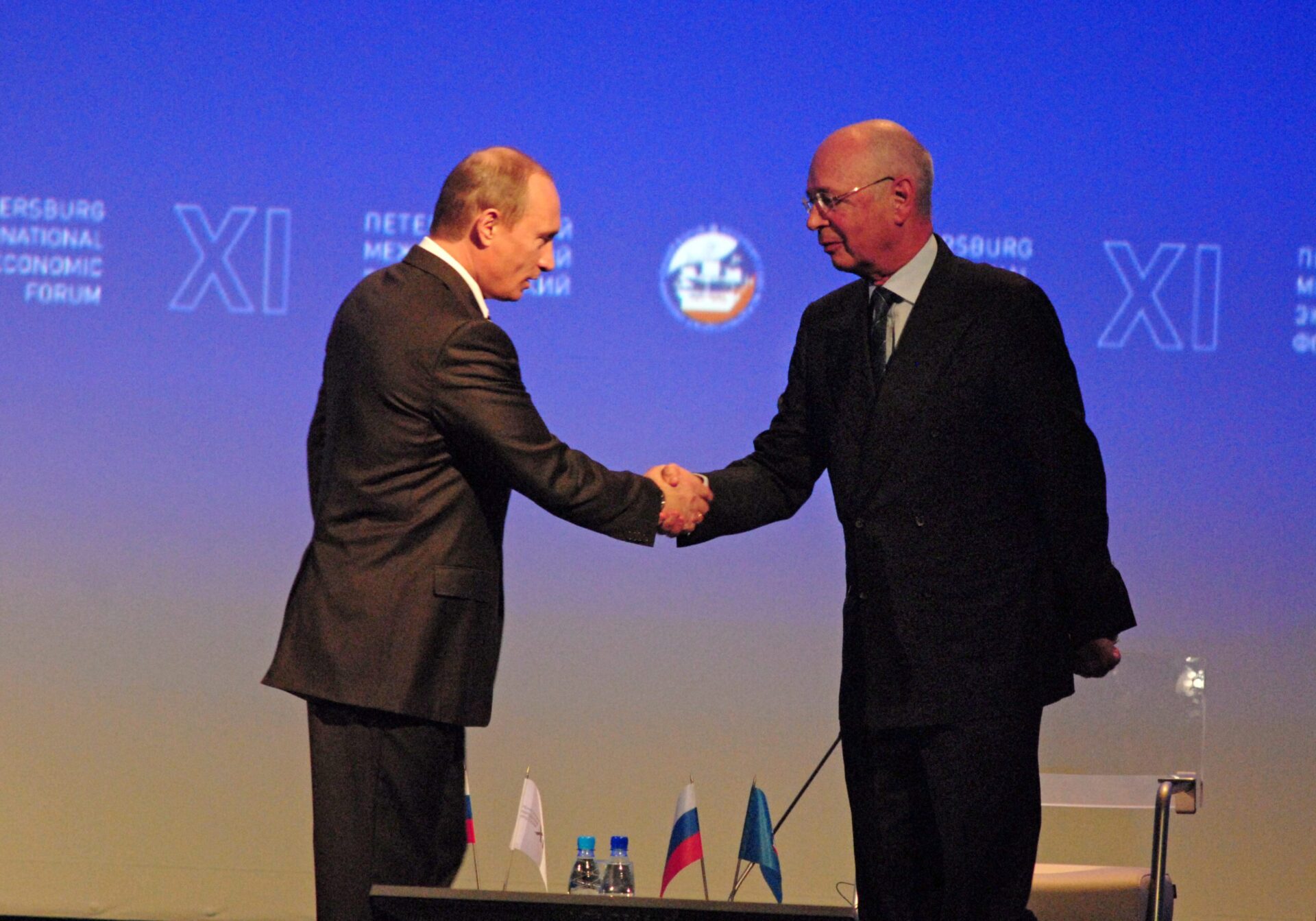An economic alliance and a great insecurity. The reasons behind the German perspective on Russia

One can even get the impression that there was an almost silent agreement between Berlin and Moscow – says prof. Bogdan Musiał, a Polish historian residing in Germany specializing in German and Russian history.
SOVEREIGNTY.PL: Why has German policy towards Russia been so submissive in recent decades? After the outbreak of the war, many commentators argued that the Germans were simply very naive and did not understand what Russia really was.
PROF. BOGDAN MUSIAŁ: No, the Germans were not naive. It was a deliberate policy. If the Germans were so naive, they would never have built such a powerful state. The German political elite, both the CDU and, above all, the social democrats, played a cynical game with Russia. One can even get the impression that there was an almost silent agreement between Berlin and Moscow, that Russia’s sphere of influence extends all the way to the eastern border of Poland. Incidentally, this is the old border drawn by Hitler and Stalin in the summer of 1939, just before the outbreak of World War II. And this sphere of influence was, of course, Ukraine, which would explain why Germany was so reluctant to impose severe sanctions on Russia for its hybrid attack on Ukraine in 2014 and taking Crimea from that state.
Commentators who naively explain the exceptionally conciliatory policy towards Russia argue that Germany sought to change Russia through trade and attraction to the West until the very end. Why don’t you believe this?
There are limits to naivety. What we have seen over the last decades by Germany in its eastern section is the pinnacle of cynicism, the so-called German realpolitik. There is also an emotional attitude towards the Kremlin, a kind of fascination with Russia.
We must understand that for about a hundred years there has been a perception in Germany that Berlin and Moscow are destined for each other, because they are supposed to be compatible. Russia is a raw material base, and Germany is a gigantic factory. Germany can be an economic power only thanks to cheap raw materials from the east, and since Russia has enormous resources of gas, oil, and other key raw materials, it is imperative to tighten ties with it – this was Berlin’s attitude 100 years ago, and it is still very visible among the elites today.
Are you saying that the German attack on the USSR was only a brief anomaly?
In 1941-45 this kind of approach was abandoned, and the Germans thought that they were able to lay a hand on Russian raw materials themselves. It was, however, a relatively brief episode of hostility.

How does this look from the perspective of Russia? To what extent does the Russian elite actually link their future with Germany?
For the Russian elite, that is Putin’s corrupt environment, Germany is also a unique partner. There, too, lies a belief that Moscow will not be able to function without Berlin. Putin’s people realize that they cannot achieve progress and development without access to German technical thought. The Russians are well aware that they are not able to produce anything of value on their own and they would not be able to develop these huge deposits. After all, even their modern military equipment is filled with Western components, without which the Russian military industry has no future.
How far in the past does the gas policy of the partnership between Germany and Russia go?
The pipeline network was built from the late 1950s with the support of Germany. Take, for example, the Druzhba pipeline. Without the Germans, this project would never have come into existence!
In the 1970s, a new eastern policy of Germany began. It was about a great economic pact with the Soviet Union. One way, Germany transfers technology and strengthens the Soviet regime, and in return gets very cheap raw materials from the Soviet Union. This was reinforced under Gerhard Schröder and this policy was further developed creatively under the rule of the CDU. Medvedev, during his term as president, said in an interview with Spiegel that his country is like a drug addict who lives by squandering the profits from oil and gas. It was largely German money. Medvedev wanted to modernize the country, but Putin did not allow it. The present ruler of the Kremlin does not need a modern country, he needs a machine tailored to his ambitions. Putin developed his imperial policy only with the support of Germany.
So no matter who ruled Germany – the CDU or SPD – Russia could still fully count on Berlin?
Yes, both parties were very Russophilic, although the SPD was unbeatable when it comes to their love for Russia. The CDU had a considerable Atlantic component in its program, but the economic alliance with Moscow was, however, the foundation of its foreign strategy.
I believe it is no coincidence that Putin chose the beginning of the year for the invasion. After the chaotic failure that was America’s retreat from Afghanistan, Putin knew Joe Biden was weak. Additionally, the SPD won in Germany. Putin was sure that he would be safe and that he would be able to swallow Ukraine with impunity. He counted on the fact that Germany would be in the NATO coalition only formally and would do everything possible to minimize the sanctions. Thus they would behave in the same manner as in previous years. It was a rational calculation – Putin, in more than two decades, got used to the fact that the Germans were faithfully by his side.
But Angela Merkel still backed the sanctions against Russia, which were imposed after the attack on Ukraine in 2014.
Of course, because the Germans learned to play their part wisely. Probably not everyone knows that in the 1980s the Germans went to Moscow for talks with Gorbachev and asked him to attack them by Soviet propaganda, because it would make them credible in the West. Please remember the situation with Navalny. Merkel’s mouth was full of indignation and the Germans helped save Navalny. It looked good in the West, but it didn’t really cost Berlin anything. Cheap resources from Russia continued to flow, and yet Germany appeared to be a country that supported the democratic opposition to Putin.
You mentioned that Germany is fascinated by Russia. What can be fascinating in this regard?
We are entering the psychological sphere here. The Germans created the Soviet monster by sending Lenin to Russia. They thought they could run this monster. At that time, they showed great pride. However, as a result of the war with the Soviets, they suffered a total defeat. They lost 1/3 of their territory and millions of soldiers, and millions of their women were raped. Therefore, in the eyes of the Germans, Russians are almost heroes. This is how the Germans explain their defeat – they were beaten by a colossus that no one had a chance against. And this trend has remained to this day. Undoubtedly, the Germans feel great respect for the Russians.



